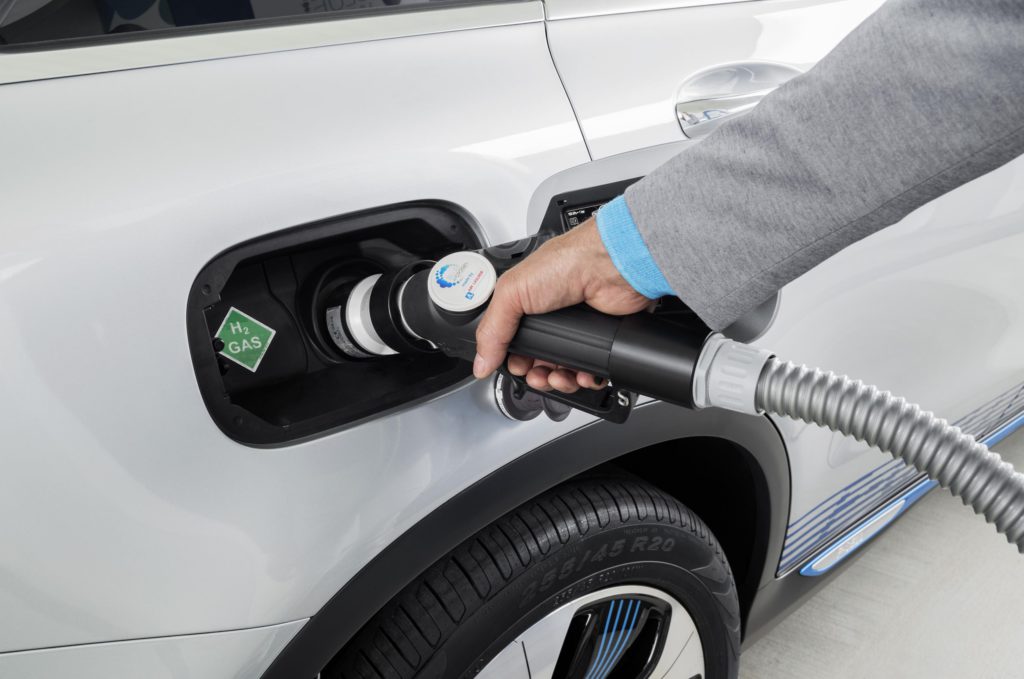Bosch enters the automotive fuel cell market
30 April 2019

30 April 2019
Bosch has partnered with Swedish manufacturer Powercell in an effort to move into the automotive fuel cell market.
The supplier aims to jointly develop fuel cells by leveraging Powercell’s expertise in ′stacks’, which act as the core of a fuel cell and are responsible for converting hydrogen to electricity.
′Bosch is entering the market for mobile fuel cells and is pushing ahead with their commercialisation,’
Stefan Hartung, member of the Bosch board of management.
The fuel cells, which will be in use for both commercial vehicles and passenger cars, will be launched in 2022 at the latest.
The reason for this venture, according to Bosch, is that by 2030 the share of electric vehicles worldwide powered by fuel cells will be as high as 20%. The company aims to market to the automotive industry and jump on the bandwagon early.
′Bosch is entering the market for mobile fuel cells and is pushing ahead with their commercialisation,’ said Stefan Hartung, member of the Bosch board of management.
Hydrogen Hype
The development of hydrogen fuel cells is an exciting one as it marks a new step into a more eco-friendly world. One kilogram of hydrogen contains as much energy as about three litres of diesel, and its by-product is water, making it more efficient while emitting fewer pollutants.
Hyundai unveiled its second-generation hydrogen vehicle, the Hyundai FE SUV, at this year’s Geneva Motor Show. The vehicle has an 800km range, which OEMs often point out is a major selling point of fuel cell vehicles over battery electric vehicles.
Automotive supplier Michelin also signed a joint venture for hydrogen fuel cell development earlier this year.
′This innovative partnership will facilitate the emergence and development of hydrogen mobility: it opens the way to a new form of sustainable mobility,’ said Florent Menegaux, general managing partner and future president of the Michelin Group.